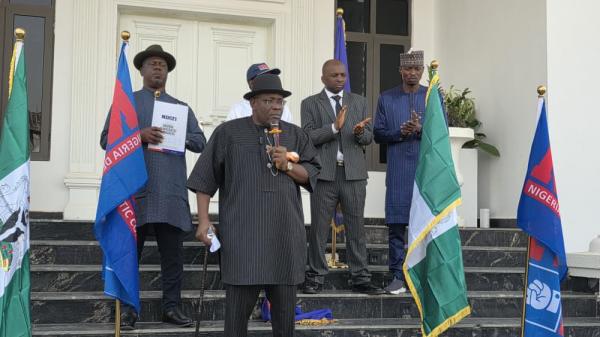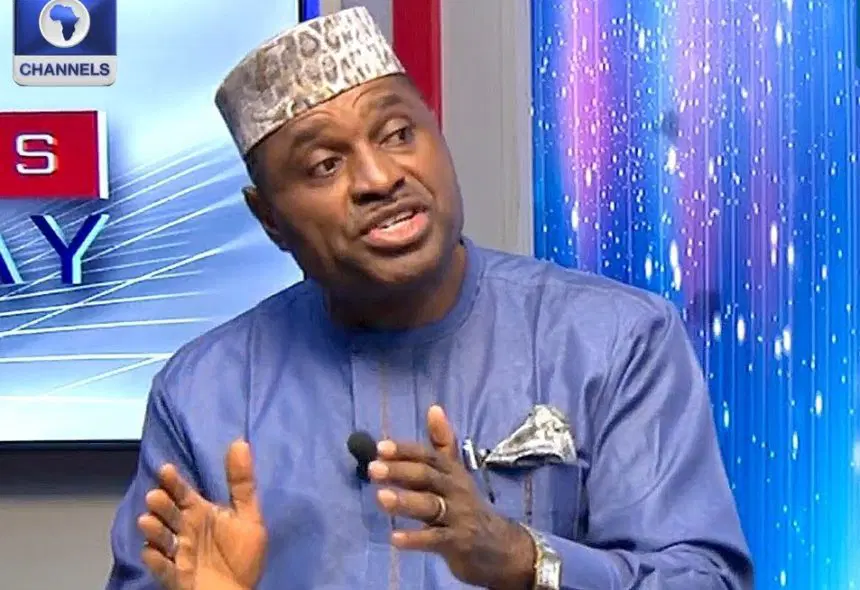
A three-day diabetes and hypertensive management seminar began yesterday in Abeokuta, the Ogun State capital, with warnings from experts to Nigerians to watch their food intake and also engage in physical exercises.
The enlightenment programme was organised by the Ogun State Local Government Service Commission in conjunction with Talabi Diabetes Centre, Isara-Remo area of the state.
The Coordinator of the centre, Dr. Olubiyi Adesina in his paper entitled ‘’Definition, Classification, Risk Factors and Diagnosis of Diabetes,’’ quoted the World Health Organisation (WHO) as saying that sweet drinks all over the world were fuelling diabetes epidemic.
According to him ‘’because there is so much calorie inside the sweet drinks, the more intake of it without exercise, the more weight one puts on, the greater risk of developing diabetes.’’
He also noted with great concern that diabetes was gradually becoming a problem among children who like sweet drinks but don’t have access to exercise, saying such would precipitate a diabetes epidemic in the coming years in the country.
‘’By the time this children become adult, and then diabetes will explode. Research has also shown that if you take more than one bottle of a sweet drink in a week, the risk of you developing diabetes is very high.’’
“So we need to discourage our people from consumption sugar and sweetened drinks; people should also focus more on drinking water. Adesina advised against taking sweet drinks after eating but instead take a lot of water,’’ which he added was good for the body.
“Consumption of sweet drinks after eating is highly injurious to our health. Such an unhealthy practice will only lead to flooding of our system with excessive calorie, which is highly injurious to our health.’’
Chairman, Board of Trustees of the centre, Mr. Olumuyiwa Talabi, while welcoming participants and other health workers to the programme enjoined them to propagate the dangers inherent in diabetes.
Talabi observed that diabetes and hypertension were inter-related and one was a cause to other and as such the effect should be reduced to the barest minimum if not totally removed from the council areas.






















